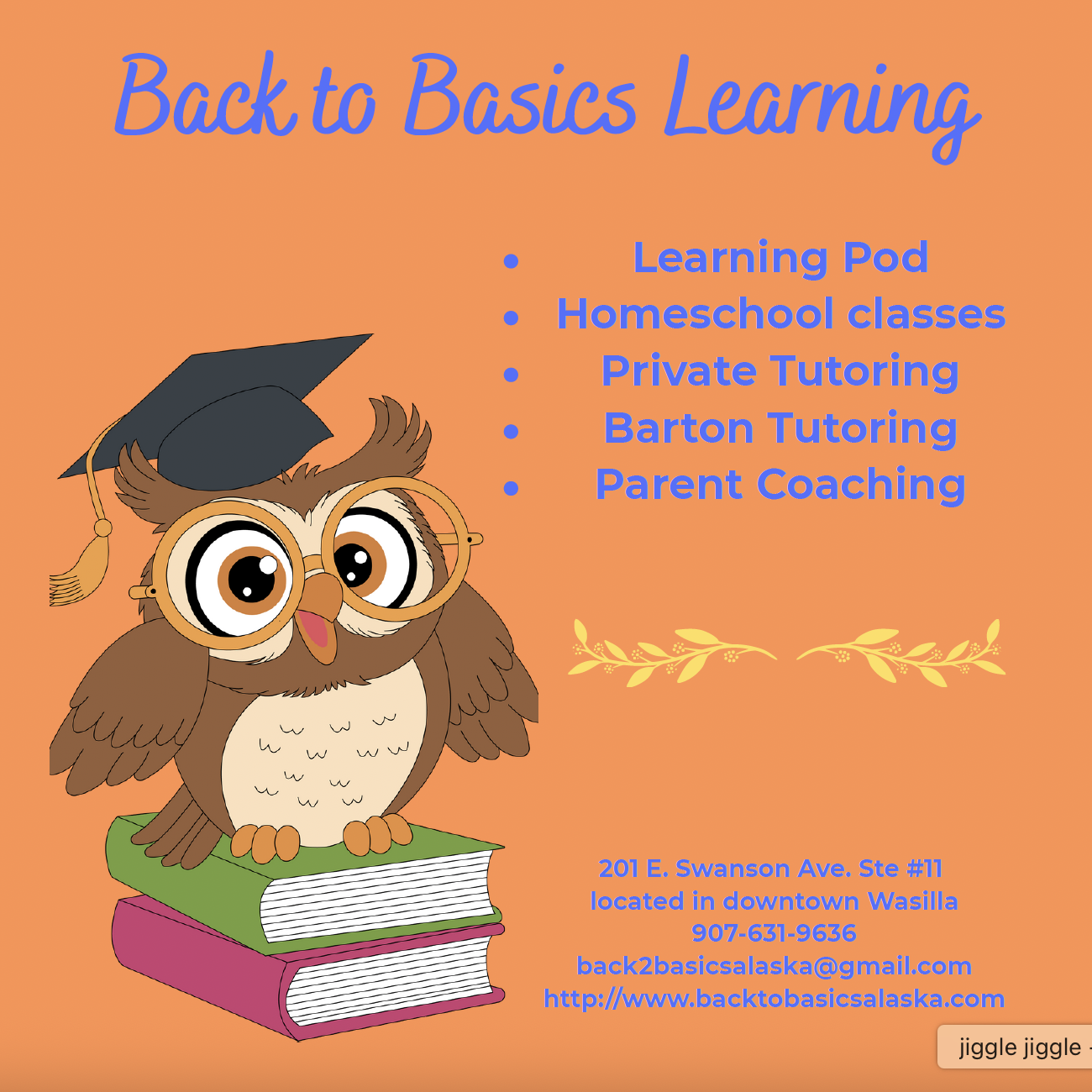
Homework Help
Tips to Ease Frustration and Boost Focus
By Christa Melnyk Hines
By the time Meira Mednick's daughter was in third grade, homework time had morphed into lengthy, embattled evenings fraught with angry tears as frustrated daughter and frazzled mom squared off. "My daughter began showing signs of difficulty in focus on homework in kindergarten. By second grade we were drowning," Meira says. She tried tactics like feeding her first grader an early dinner as soon as she got home from school and giving her time to relax before starting homework. Instead, "We ended up spending the next two years in a tug of war of time, and many tears were shed," she says.
Many parents can relate and dread the contentious homework hour, which can plunder an otherwise peaceful evening. For kids, especially those who struggle to tune out distractions and concentrate on the task at hand, sitting down to do homework doesn't rank high on their list of priorities. Thanks to the distractions of technology, the inability to focus is a growing problem in our culture. The number of children who are diagnosed with Attention Deficit Hyperactivity Disorder (ADHD) also continues to rise. The Centers for Disease Control reports that ADHD is "one of the most common chronic conditions of childhood."
Experts agree: the ability to focus is crucial to achieving goals. How can we create a more calming homework atmosphere that will enhance our child's ability to concentrate and get the job done quickly – without the draining drama?
Work in short bursts. Kids get overwhelmed with long worksheets and multiple assignments. Break homework into timed chunks. After a busy day at school, parents can typically expect their youngsters to focus on a task for one minute for each year of their age. That means a 6-year-old should be given a two or three minute break every six minutes. "Expecting 30 minutes of homework out of a first grader isn't realistic without breaks," says Rachel Rudman, a pediatric occupational therapist. The timed approach made a big difference for Meira’s daughter. "Previously she would be discouraged even before picking up a pencil. By having a timed environment, she knew that she could tackle one interval at a time," says Meira, whose daughter is now an 8th grade honors student.
Create smart brain breaks. During the timed breaks engage your child in short activities that help reorganize and refocus the brain, like jumping jacks, playing with Legos or playdoh, or snacking on crunchy carrots or pretzel rods or something chewy such as fruit leather. Stretching and breathing exercises can help clear the mind and re-energize a tired body. A simple tool like blowing up a balloon can help ease frustrations: "Blowing forces the child to take deep breaths which increases relaxation and focus," Rachel says.
Remove distractions. Avoid electronics, which can be harder to pull a child away from. Some can study with soft music, but TV, loud music, or other children playing will distract from quality work.
Integrate natural elements. Researchers have found that including ornamental plants in a learning area can further enhance a child's ability to concentrate and learn. "And weirdly, the more involved the child is in the plant's life or maintenance, the more learning goes on," says Magalie Rene, a classroom design consultant. Place a plant in your home's study area and have your child water it as a transitionary cue before beginning homework, she suggests.
Get organized. Make a homework box either out of a large shoe box or plastic container. Have your child decorate it and store homework supplies, like pens, pencils, crayons, markers, scissors, paper, a glue stick and anything else he might need. "Having everything together creates an atmosphere of organization and success," Rachel says.
If your child continues to struggle with focus and concentration, consult with your family's pediatrician or a child psychologist.
homework
How much is too much?
 Many of us remember those days sitting in class hoping for the bell to ring before the teacher could say “homework.” Love it or hate it, homework is an important part of every student’s education. Working and studying at home reinforces what children learn in the classroom, which helps them remember the information better, score higher on tests and enjoy more success. It also helps kids develop valuable skills to succeed both in school and in the world of work, including time management, organization, task completion, and responsibility.
Many of us remember those days sitting in class hoping for the bell to ring before the teacher could say “homework.” Love it or hate it, homework is an important part of every student’s education. Working and studying at home reinforces what children learn in the classroom, which helps them remember the information better, score higher on tests and enjoy more success. It also helps kids develop valuable skills to succeed both in school and in the world of work, including time management, organization, task completion, and responsibility.
But how much homework is the right amount and when is it too much?
According to the National PTA and the National Education Association, students should only be doing about 10 minutes of homework (all subjects combined) per night per grade level. That means a 1st grader could bring home 10 minutes of homework, a 6th grader could do an hour of homework, and a high school senior could handle two hours a night. But times may vary from individual to individual, at various times within a school year. Too much homework, however, may be counter-productive, especially for younger grades. Researchers at Stanford University found that students who spend too much time on homework experience more levels of stress and physical health problems. Too much homework can result in lack of sleep, headaches, exhaustion and changes in temperament, and have a negative impact on students’ social lives and their family interactions.
But how do you know if your child is bringing home too much? To help determine if your child may be overloaded with homework, start with these telling questions:
Does homework regularly surpass the ‘10 Minute Rule’ (no more than 10 minutes of homework for each grade)?
Does homework prevent time for free-play after school?
Does homework prevent regular and relaxed family time and interactions?
Is homework interfering with sleep?
If you are concerned that your children are regularly spending more time than they should be on homework, contact the teacher and/or the school principal to discuss the situation.










